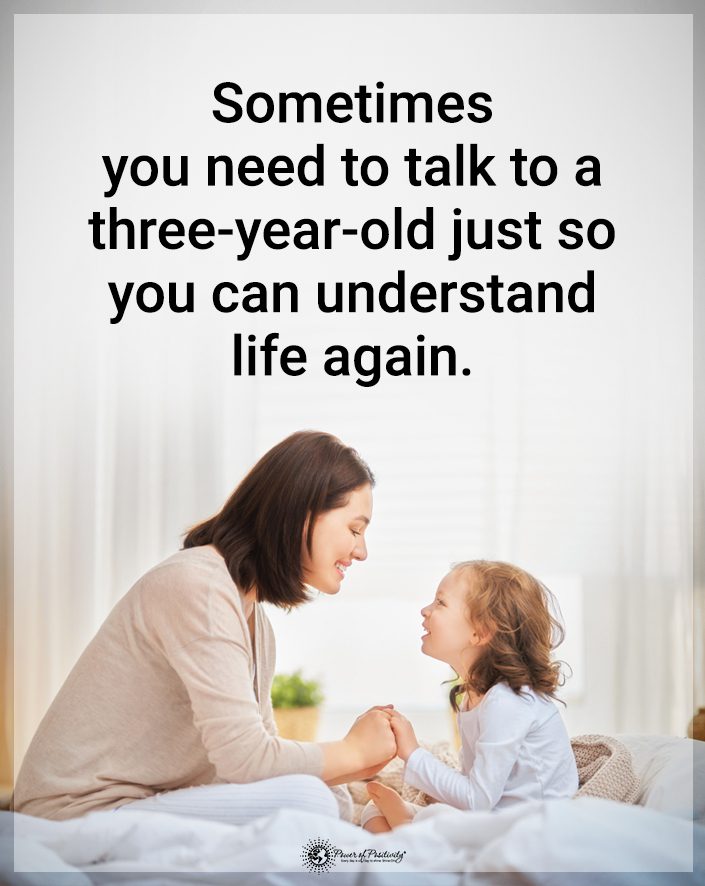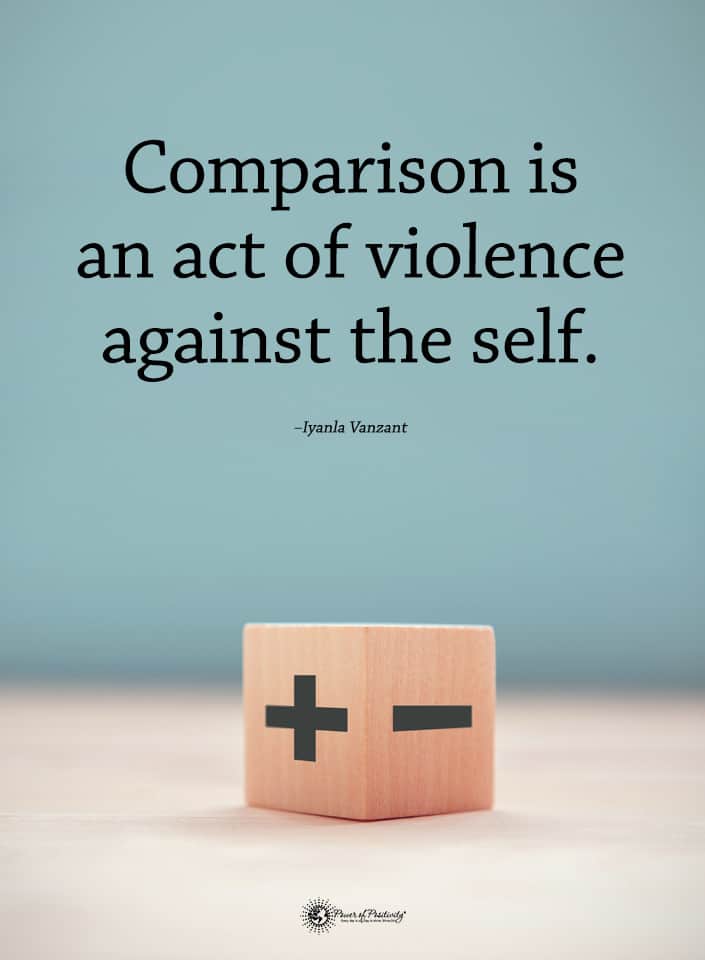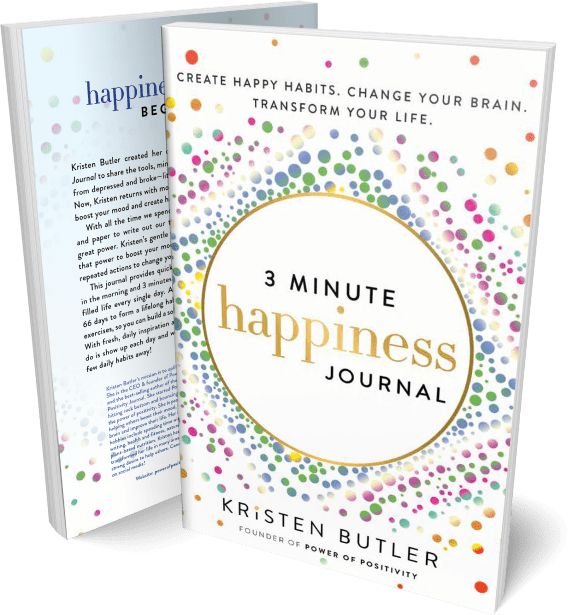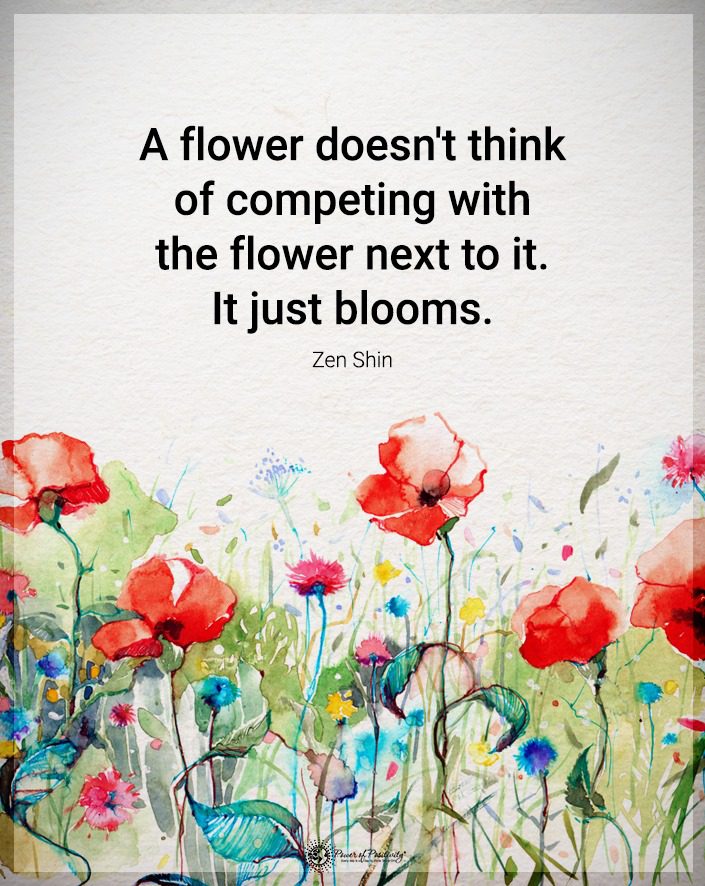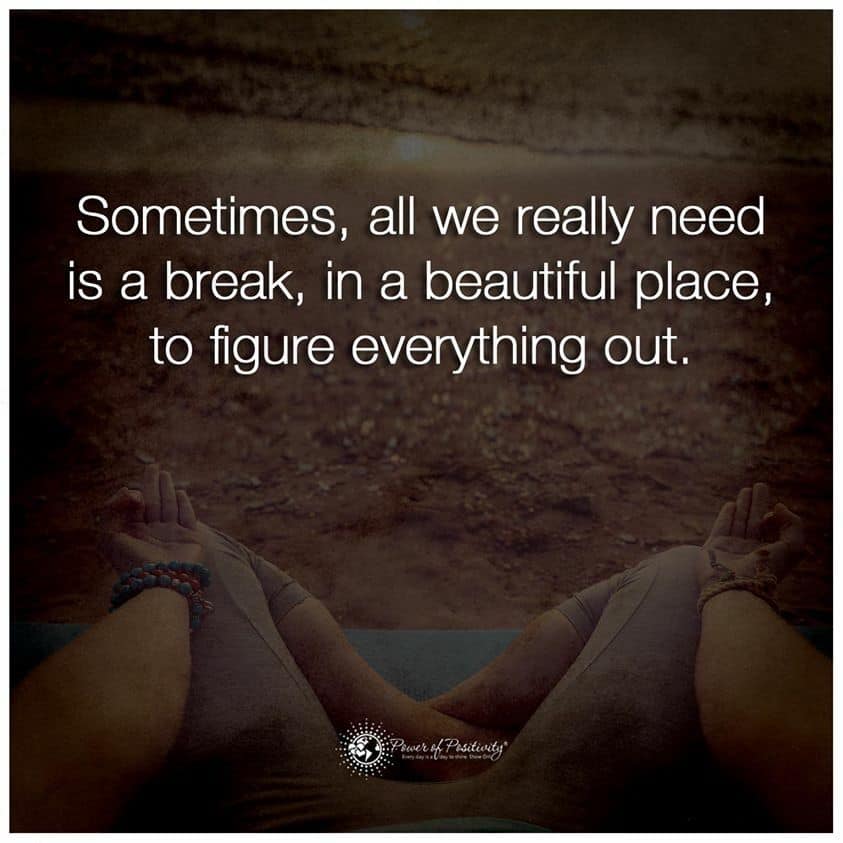Here are the critical signs of loyalty.
In searching for a lasting bond, finding a loyal partner sits atop the throne of the most sought-after qualities. Loyalty is the comforting lullaby that promises to cradle the heart through the storms of life.
However, as we navigate the complexities of relationships, how do we recognize the signposts that herald true loyalty?
Let’s look at the fifteen signs that indicate someone will stand by your side through thick and thin.
Fifteen Signs Your Partner Will Be Loyal Forever
Watch for these signs…

1 – Transparent Communication Is Present in a Loyal Partner
Transparency in communication stands as the bedrock of loyal relationships. That is, it is not merely about speaking one’s mind. Instead, it is about baring one’s soul, allowing vulnerabilities to shine through.
When someone engages in transparent communication, they share information and invite you into their world. This practice eliminates ambiguity.
As a result, it ensures that both parties are on the same page, fostering an atmosphere where trust thrives. In the light of transparent conversations, shadows of doubt rarely find a place to lurk.
2 – Loyalty Prioritizes Your Happiness
Someone who prioritizes your happiness showcases a selfless kind of love. It goes beyond mere pandering or appeasement. Rather, it’s a sincere wish to see joy in your eyes.
Such individuals possess an intuitive sense, often anticipating your needs. They will also find nuanced ways to infuse joy into everyday moments.
Whether you must compromise on a movie choice or support a life-changing decision, their compass consistently points toward your well-being.
3 – Consistency is the Middle Name of a Loyal Person
In a world of unpredictability, loyal individuals bring the comforting embrace of consistency. This idea isn’t about being monotonous or resistant to change. Instead, it means an unwavering commitment and reliability.
Their actions, values, and decisions align, weaving a predictable pattern that breeds security in the relationship. They are the anchor, holding steadfast even amidst life’s turbulent currents.
4 – A Loyal Partner Acknowledges Mistakes
There’s an unparalleled strength in admitting one’s mistakes, and loyal individuals exemplify this. Instead of cloaking errors in justifications or redirecting blame, they take ownership.
This act does more than mend the immediate fissure. Indeed, it fortifies the relationship for the future. Acknowledging errors demonstrates a commitment to growth, ensuring that the bond deepens with each learned lesson.
5 – Trust is a Two-Way Street
Loyalty thrives in the fertile soil of trust. True loyalists understand the symbiotic nature of trust – it is as much about placing faith in another as it is about being trustworthy.
They revel in this delicate dance, cherishing the responsibility that comes with someone’s trust. This behavior can also extend their faith in the relationship – unfettered and unreserved.
6 – A Loyal Person Listens Intently
Beyond the cacophony of words lies the symphony of understanding. Loyal individuals are some of the keenest listeners. They don’t merely process words. Instead, they tune into the emotions, nuances, and unsaid feelings that accompany them.
Theirs is a realm where every sigh, every pause, and every unshed tear finds resonance. One finds the true essence of being heard in such an attentive embrace.
7 – They Have Your Back
In the theatre of life, loyal people are not just the audience but also the co-actors. They stand beside you, not behind, ready to face challenges head-on.
Their loyalty isn’t passive. Instead, loyal behavior becomes a conscious decision to stride alongside. Whether the path leads to a storm or a rainbow, they stay the course.
8 – Loyalty Values the Relationship
To truly value a relationship is to view it as a cherished treasure, not a casual commodity. Loyal individuals understand the intricate tapestry of moments, memories, and emotions that constitute a bond.
They do not just enjoy the highs. Rather, they always commit to working through the lows. They will also tend to prioritize the sanctity of the relationship over transient feelings or challenges.
9 – Respects Boundaries
In the dance of loyalty, respect for personal boundaries plays a pivotal role. True loyalists understand that love isn’t about merging two entities into one but celebrating the individuality within the union. They honor your personal space, understand your unique needs, and celebrate your independent choices, ensuring loyalty never morphs into suffocation.
10 – Celebrates Your Success
Loyal individuals don’t just walk the storm with you. In fact, they also cherish dancing in the golden rays of the sun with you, celebrating every bright moment that life offers.
They revel in your achievements, and every step forward you take is a leap of joy for them. Moreover, they happily bask in the glow of your success as if it were their own.
Free from the chains of envy, they become your loudest cheerleaders. That’s because they understand that in your growth lies the growth of the bond they so cherish, and they’re always rooting for a shared ascent to greatness.
11 – A Loyal Partner Keeps Your Business Confidential
The sanctum of shared secrets is sacred to loyal individuals. When you confide in them, they enshroud your words in a vault of trust. That’s because they understand the profound responsibility that comes with it.
You know you have a sounding board when you have your worst days – and that they’ll stay mum about what you share. Their loyalty ensures that your vulnerabilities are always safe never weaponized.
12 – Loyalty Takes Initiative
Loyal individuals are proactive, not reactive. Their love and commitment are evident in their steps, even without prompting. From mending rifts to creating shared memories, their actions come from an innate desire to nurture and fortify the bond.
Beyond their actions, their words carry the weight of authenticity and intention. Every affirmation and every reassurance stems from a deep-rooted belief in the sanctity of the bond they share. Their conversations, laden with genuine care, are constant reminders of their unyielding allegiance. In a world rife with fleeting connections, a loyal individual is a testament to enduring devotion and steadfastness.
Here’s where it gets even better. A loyal partner does not wait for signs; they become the sign of unwavering commitment.
13 – Empathetic Understanding
Empathy is the lens through which loyal people view the world. They don’t just sympathize. Rather, they immerse themselves in your emotions, feeling every high and low with an intensity that often mirrors your own.
Theirs is not a distant compassion but a shared journey where your joys and sorrows become indistinguishable from their own.
14 – A Loyal Person Expresses Appreciation
Gratitude is the song of the loyal heart. Such individuals don’t take the bond for granted. This partner will find moments, big and small, to express appreciation.
Their gratitude shines through in the whispers of thanks, in the soft touches of affection, and even in the silent moments filled with shared understanding. Their actions paint a vivid picture where you are always cherished and valued.
They realize life’s ephemeral nature and ensure no moment passes without making their partner feel treasured. Through this consistent and heartfelt expression of gratitude, the bond deepens, becoming an unbreakable fortress of mutual respect and admiration.
As a result of this behavior, they remind you of your invaluable place in their life. That kindness isn’t about grand gestures but genuine acknowledgments. The best part is how the relationship remains infused with warmth and love.
15 – Loyalty Is Growth-Oriented
Loyalty isn’t static. Indeed, it’s a dynamic force that propels individuals and relationships toward growth. Loyal individuals understand this profound truth.
They’ll commit their energy and resources to their evolution. They are also equally passionate about nurturing the shared journey. They recognize that for love to endure, it must evolve, and they are ever ready to walk the path of growth hand in hand.
Final Thoughts on Identifying and Appreciating a Loyal Person in Your Life
Loyalty, often spoken of in fleeting terms, is far more profound than just a single deed or a transient emotion. It’s akin to a masterfully crafted tapestry, wherein each strand intertwines between trust, understanding, love, or persistent endeavors to create a resilient and beautiful fabric. This fabric becomes the comforting embrace that shields us from adversities and celebrates with us in moments of joy.
Yet, as we diligently search for loyalty markers in those around us, we must pause and introspect. The mirror of self-awareness can often reflect truths that we overlook.
Are we, in our quest for unwavering loyalty from others, embodying these very traits ourselves?
Are we being the anchor for someone just as we seek an anchor in them?
The essence of loyalty transcends the mere act of finding a steadfast companion. It urges us to elevate ourselves and cultivate our deeply cherished attributes. The journey to discovering the ideal relationship begins not outside but within. As the wisdom-filled adage beautifully articulates, to find the right partner, one must first and foremost be a loyal partner. Embrace this truth. You will see how loyalty will cease to be a quest and become a shared journey of mutual admiration and commitment.






